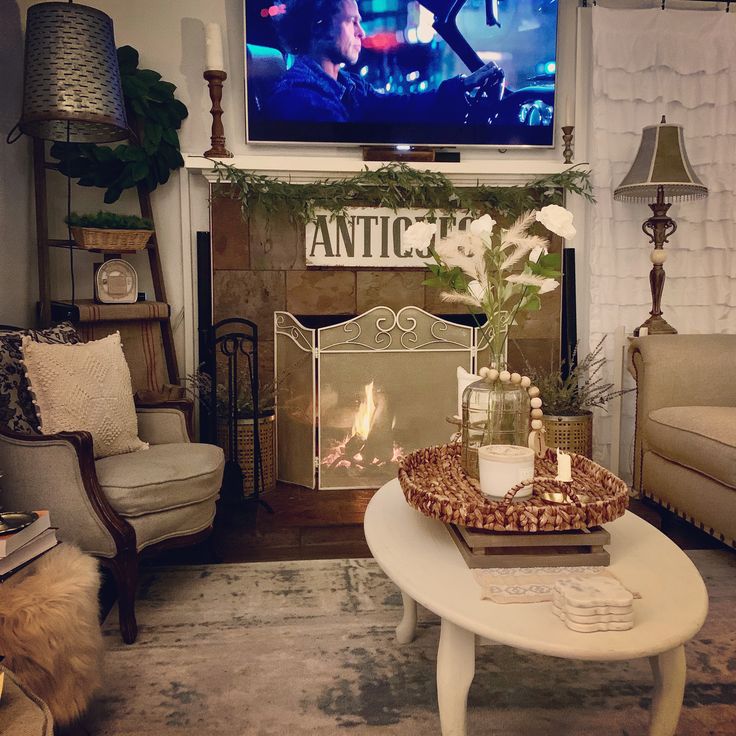Who Decorated the First Christmas Tree Ever?

The tradition of decorating a Christmas tree is deeply rooted in history and folklore, and the question of who decorated the first one is a journey through time and culture. This blog post aims to explore the origins of the Christmas tree, the cultural practices that led to its decoration, and how this tradition has evolved over centuries.
Early Roots and Pagan Traditions

Before we dive into the Christmas tree’s Christian associations, it’s important to acknowledge its pagan origins. Ancient civilizations celebrated the winter solstice with various rituals, often involving greenery to symbolize life amidst the cold, dark winter months.
- Ancient Egyptians: They decorated their homes with green palm rushes to symbolize life's triumph over death during the winter solstice.
- Romans: During Saturnalia, a festival honoring the god Saturn, Romans decorated with evergreen wreaths and trees to signify the continuation of life.
- Vikings and Druids: They revered evergreens as symbols of life, using them in their winter festivals.
🌿 Note: These pagan customs laid the groundwork for what would later become Christmas tree traditions.
First Known Decorated Trees in Germany

One of the earliest known records of a tree being decorated dates back to 16th-century Germany. Here are some key points:
- Martin Luther: Often credited with being the first to add lighted candles to a tree, inspired by stars shining through the branches of evergreen trees during his journey home one Christmas Eve.
- Medieval plays: In medieval Germany, 'paradise trees' adorned with apples (symbolizing the forbidden fruit) were used in mystery plays depicting the Garden of Eden.
- German Christmas Markets: By the 1500s, Nuremberg's Christmas markets featured small trees decorated with paper roses, gingerbread, nuts, and apples.
Spread to Other European Countries
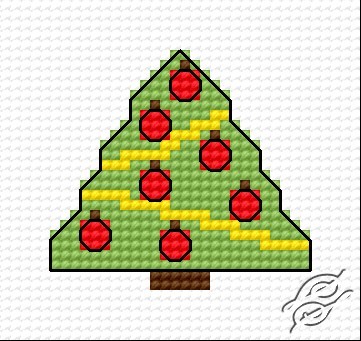
From Germany, the tradition spread throughout Europe, each region adding its unique twist:
- England: Prince Albert, a German consort of Queen Victoria, popularized the tree in Britain in the mid-19th century, with their Christmas tree at Windsor Castle featured in an 1848 "Illustrated London News."
- France: Inspired by German-speaking Alsace, where evergreen trees were adorned with roses and wafers, French families began decorating their trees with lights and ornaments.
- Eastern Europe: Countries like Poland and Russia embraced the tradition, although Orthodox communities often followed different Christmas celebrations with the "Yule log" being more prominent.
The Role of Glass Ornaments

One significant development in Christmas tree decoration came from the glassblowers of Lauscha, Germany, who started making glass baubles in the early 19th century:
- Glass Ornaments: Lauscha's glassblowers, who made household glassware, began crafting delicate, hand-blown glass ornaments, which became highly popular and have since become synonymous with Christmas trees.
🎄 Note: The creation of glass baubles was a revolutionary step in Christmas tree decoration, bringing a new level of artistry and beauty to the tradition.
Modern Decorations and Commercialization

With the advent of mass production and global trade, Christmas tree decorations evolved further:
- Electric Lights: In the late 19th and early 20th centuries, electric lights replaced candles, making decorations safer and more vibrant.
- Commercially Produced Ornaments: Companies like Hallmark began producing ornaments, making them more accessible to the average family.
- Themed Trees: Contemporary trees often reflect personal or popular culture themes, showcasing individuality.
Table: Christmas Tree Decoration Evolution
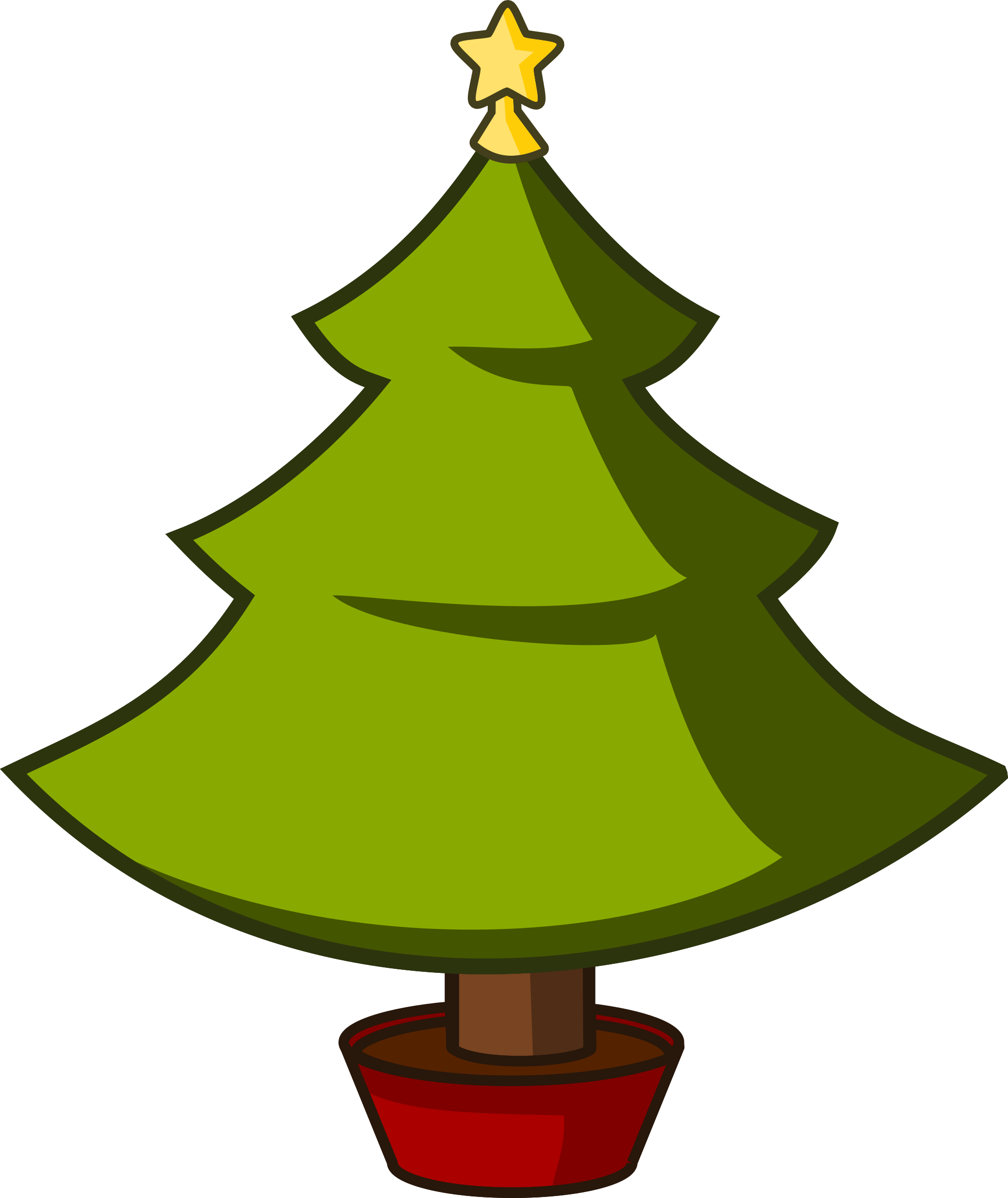
| Era | Decorations |
|---|---|
| 16th Century | Nuts, Apples, Wafers, Candles |
| 19th Century | Glass Baubles, Handmade Ornaments, Tinsel |
| 20th Century | Electric Lights, Mass-Produced Ornaments, Themed Trees |
| 21st Century | LED Lights, Custom Ornaments, Eco-friendly Decorations |
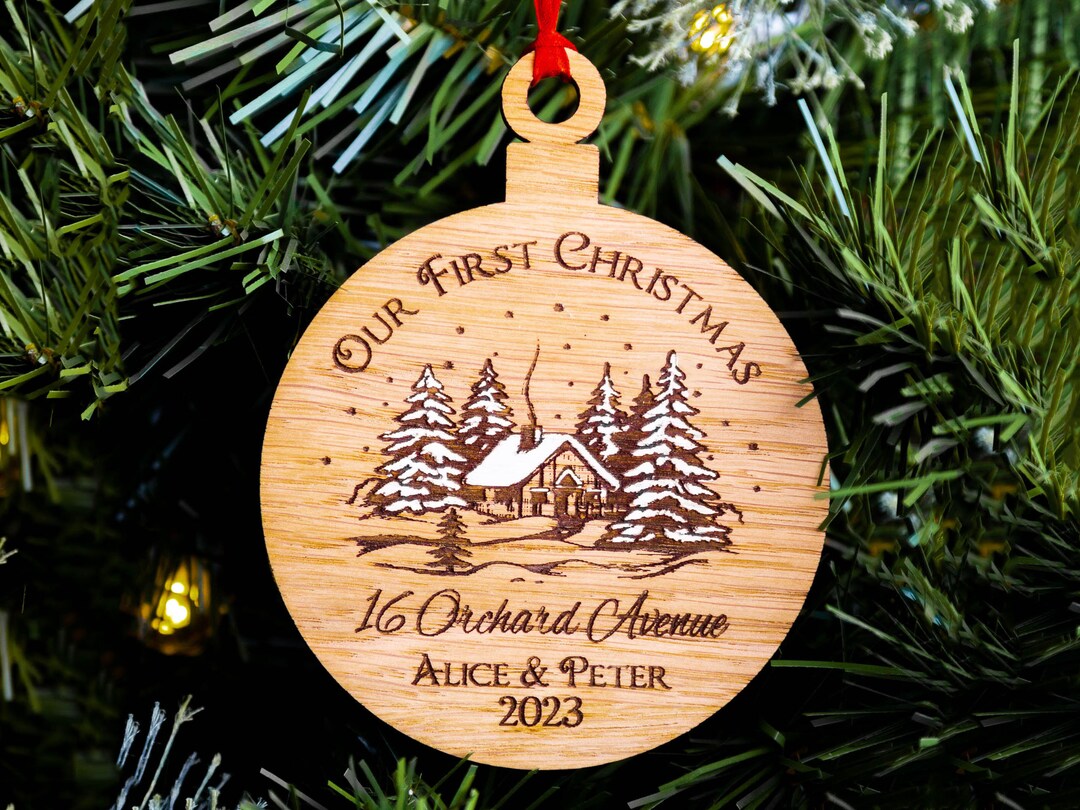
To summarize, the tradition of decorating a Christmas tree has a rich tapestry woven from various cultural threads, each adding its own unique narrative to this enchanting practice. The first documented tree decorations trace back to 16th-century Germany, but the use of evergreen trees in celebrations goes back even further into pagan solstice rituals. This tradition has transcended borders, religions, and eras, evolving with the times yet retaining its core symbolic meaning—bringing light and life into the darkest time of the year. The evolution from simple nuts and apples to glass baubles and electric lights reflects not only a history of technology and trade but also the human desire to beautify our surroundings and connect with nature during the festive season.
When did Christmas tree decorations start becoming commercial?

+
Commercial production of Christmas tree decorations began in the late 19th century with companies like Woolworths selling hand-made ornaments from Lauscha, Germany. It truly gained momentum in the 20th century as mass production became more common.
Why did Christmas trees become popular?
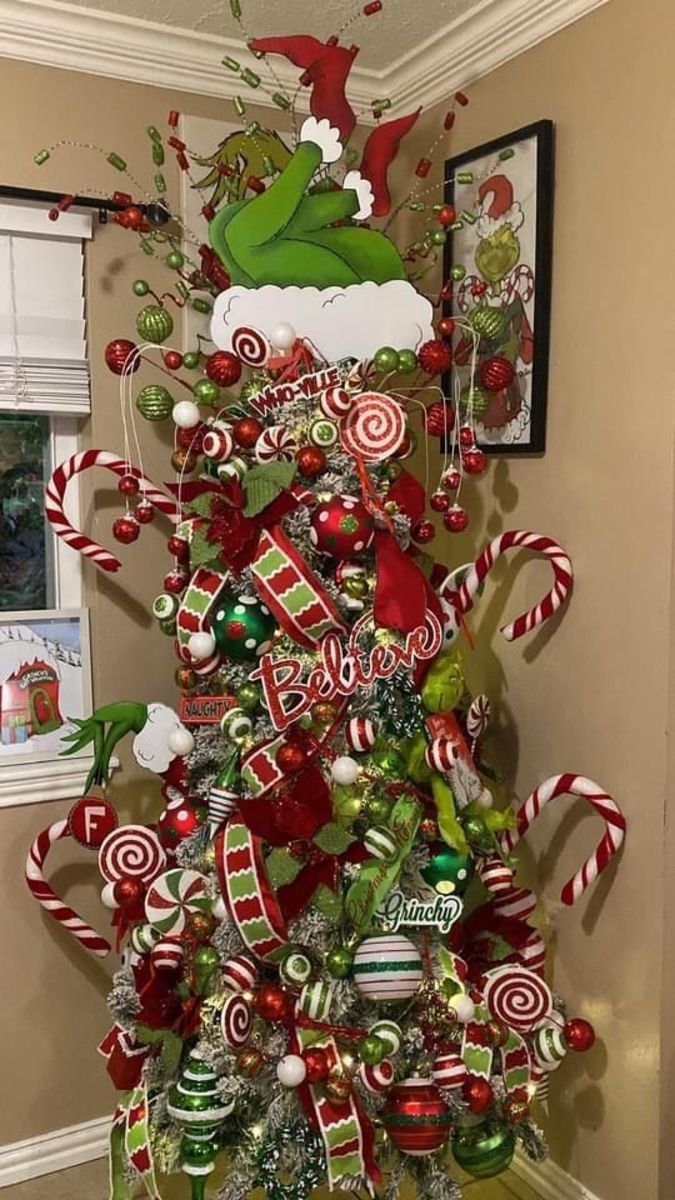
+
Christmas trees became popular as a symbol of continuity and eternal life during winter, representing evergreen life when everything else was dormant. The Christianization of the winter solstice festivals also played a key role in spreading their use and acceptance.
What are some eco-friendly ways to decorate a Christmas tree?

+
Using natural, biodegradable materials like pine cones, dried fruits, or popcorn garlands. Choosing LED lights, and recycling or composting the tree after the season are eco-friendly practices.
Related Terms:
- Christmas Tree OST
- Christmas Tree drawing
- Christmas Tree V
- Christmas tree oil and gas
- Christmas tree wellhead
- Christmas tree cartoon

